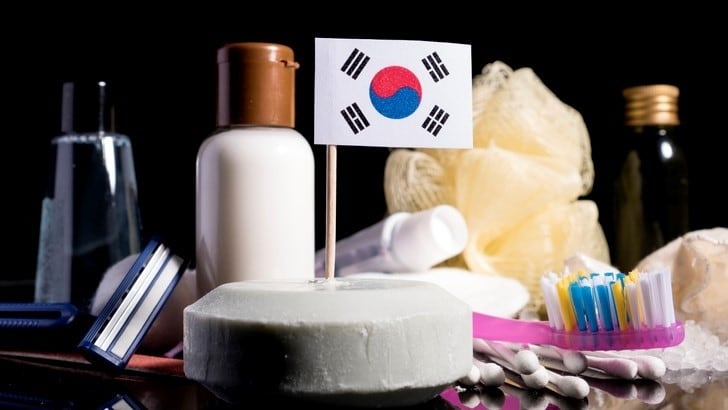In December 2022, the European Chemical Agency (ECHA) invited all REACH registrants to discuss the potential classification of tea tree oil as a Category 2 reproductive toxin.
This issue arose from a safety review conducted by Stockton, a plant pesticide manufacturer using tea tree oil in their organic fungicide product, Timorex Gold.
Stockton's studies found that when rats ingested medium to high doses of tea tree oil, it had a negative impact on male reproductive organs. However, this effect was reversible once they stopped administering tea tree oil orally.
A substance considered a reproductive toxin falls into one of three main classification levels.
Tea tree oil is one of the most widely used essential oils in cosmetics, notably, products used to treat skin issues such as acne.
Understandably, the proposal to regulate tea tree oil is concerning to the cosmetics industry.
Speaking to CosmeticsDesign-Asia, the president of ATTIA, Phillip Prather emphasised the association's commitment to enabling manufacturers to use tea tree oil confidently and without concerns about its safety.
“We’ve got this under control as best as we can with regulators. We’ve got the right information and we’ve pulled in the right people together. We believe that there are a number of problems using gavage studies and that in normal, properly formulated cosmetic products, you’re not going to have any issues,” said Prather.
A flawed test?
Regulating tea tree oil as a Category 2 reproductive toxin would mean that tea tree oil would be limited to a maximum concentration of 3% in cosmetic formulations.
However, ATTIA is concerned that the classification would escalate to Category 1B despite the lack of human evidence.
“If it goes to a 1B, effectively it gets pulled. What we’ve been told that if there’s animal evidence, then surely it must be affecting humans. But if that’s the case, then I think all the tea tree growers wouldn’t have any offspring,” said Prather.
According to Prather, the hypothesis was that the human liver can metabolise and break down compounds such as terpenes, while rats do not.
“One of the concerns is that our toxicologists have is that rats are not a good model for humans specifically related to terpenes. Rats traditionally do not have a diet of terpenes as humans do. We’ve been basil, coriander, rosemary, and all sorts of herbs for centuries, if not longer. The theory goes that our livers are able to digest and break those substances down. Rats don’t have those enzymes and therefore can’t break it down.”
Over the next six months, AATIA along with the French Cosmetics Association for SMEs (COSMED), will be working prepare an updates dossier for the Scientific Committee on Consumer Safety (SCCS).
The ATTIA-COSMED Tea Tree Oil (TTO) Consortium has also been supported by three European cosmetic associations: The European Federation of Essential Oils (EFEO), The International Natural and Organic Cosmetics Association (NATRUE), and UNITIS.
“We’ll be working on some further studies using cell lines to present some of the different terpene compounds to human liver cell lines and rat liver cell lines and seeing how those cells handle the different substances,” said Prather.
‘Knock on effect’
Prather highlighted that these regulations against tea tree oil will likely have a “knock-on effect” on other essential oils and naturally complex substances (NCS).
“Tea tree is sort of the first cab off the rank. Tea tree, mint, eucalyptus, and most essential oils are volatile organic compounds. There will be implications if tea tree goes down. There's going to be implications for other essential oils and other natural therapeutic substances for the whole flavour and fragrance industry.”
In 2021, results of a study by Franklin Health Research Centre conclusively ruled out tea tree oil as an endocrine disrupter.
The results of this large prospective epidemiological study conducted in the US concluded there was no substantial link between the essential oil and breast development in young boys, a medical condition called gynecomastia.





